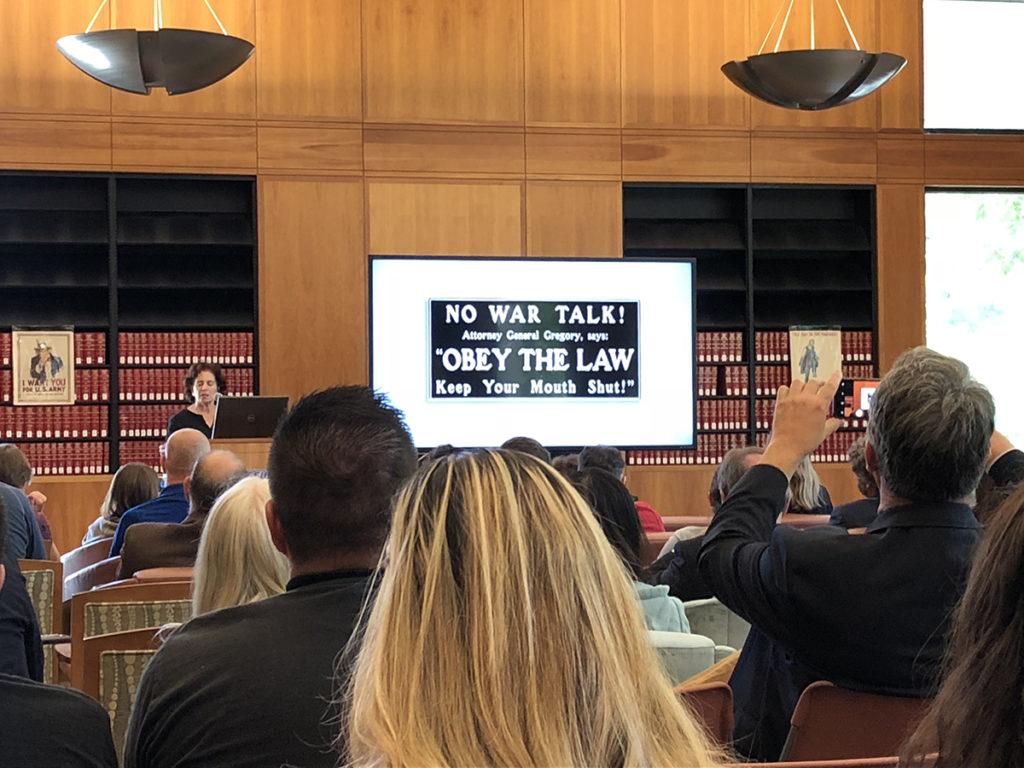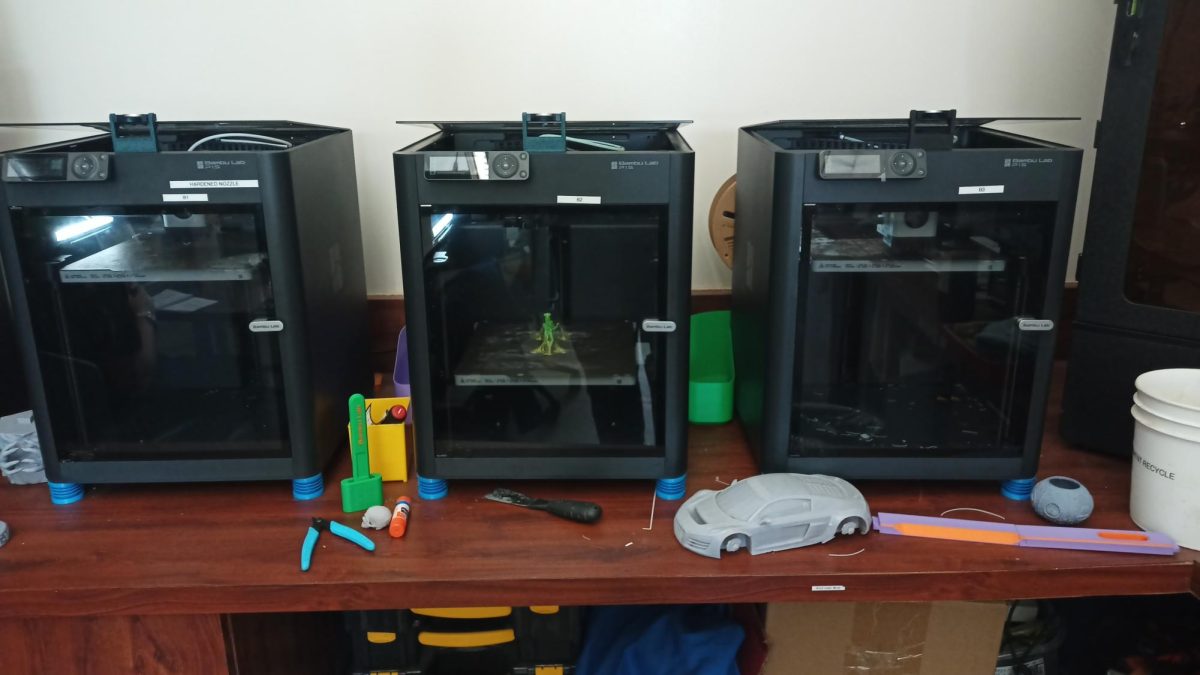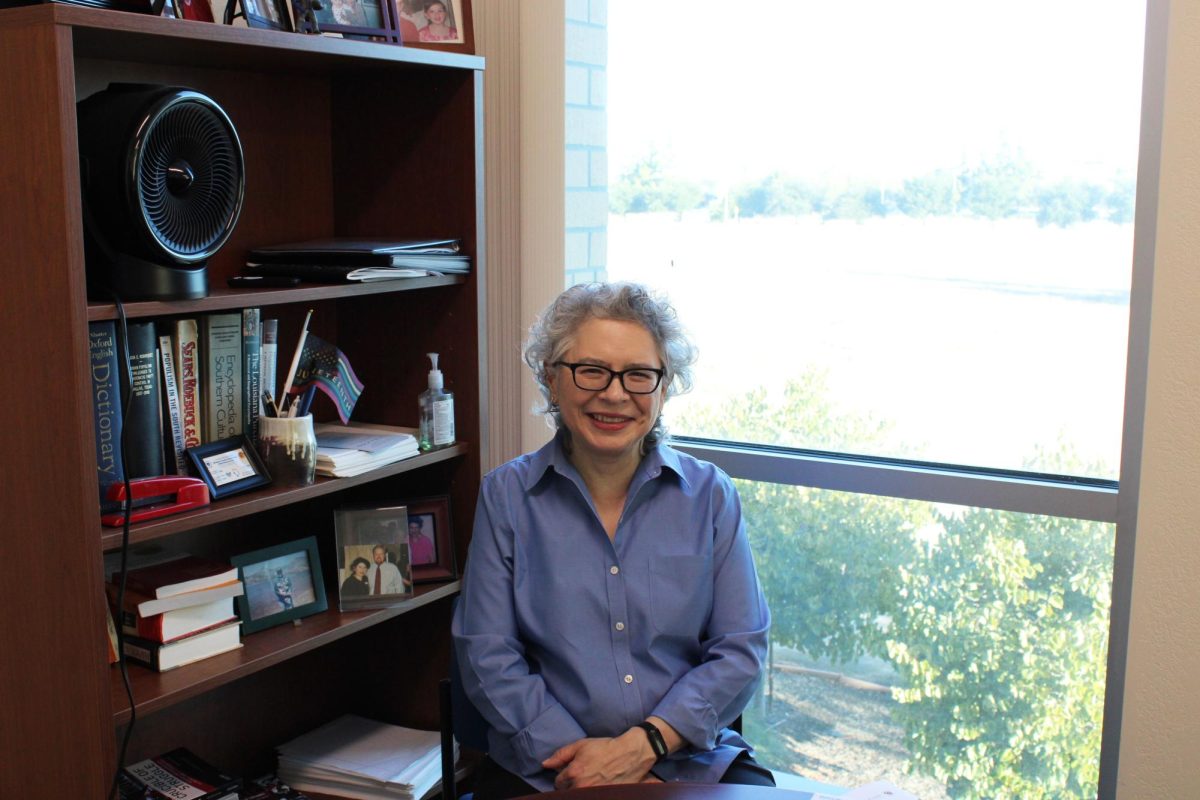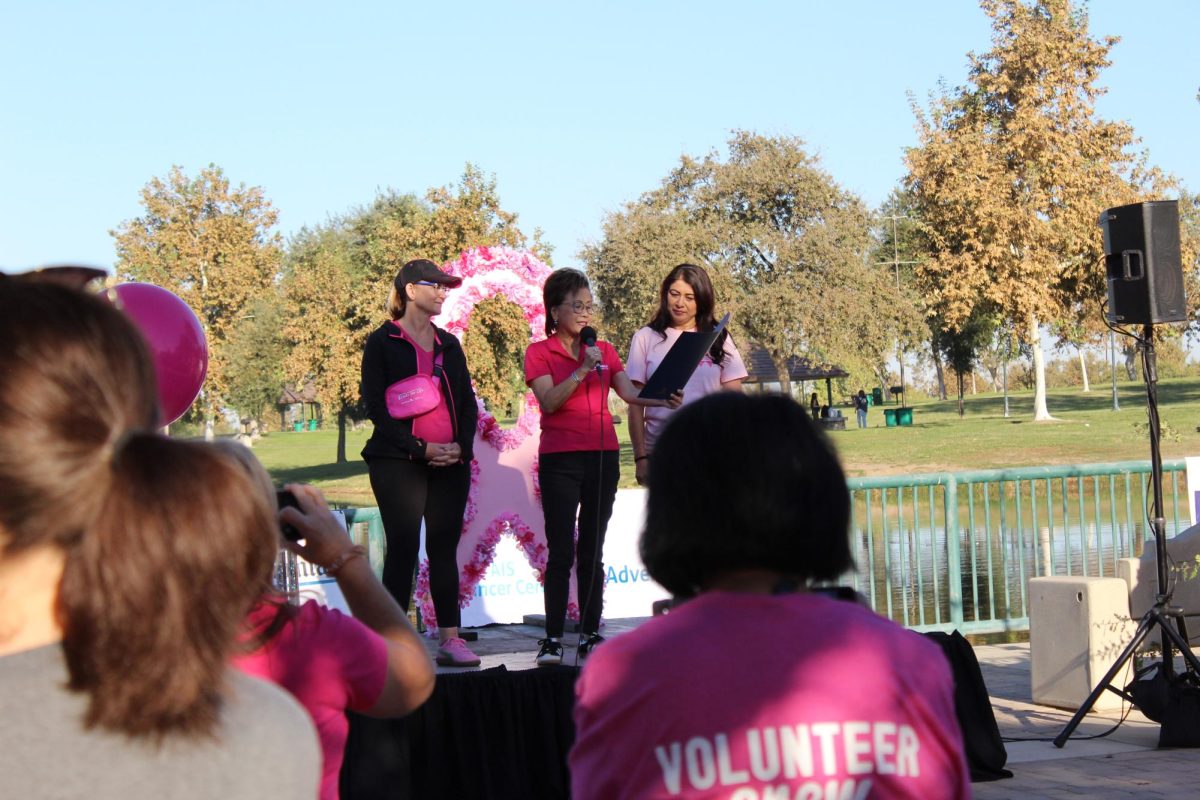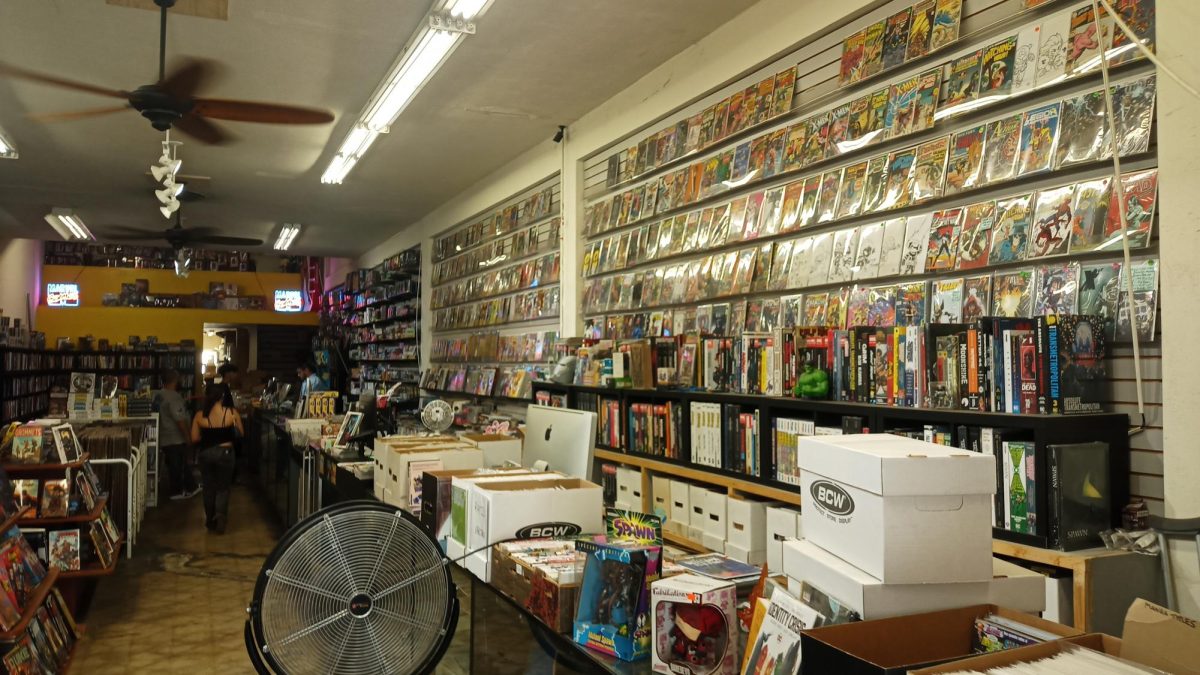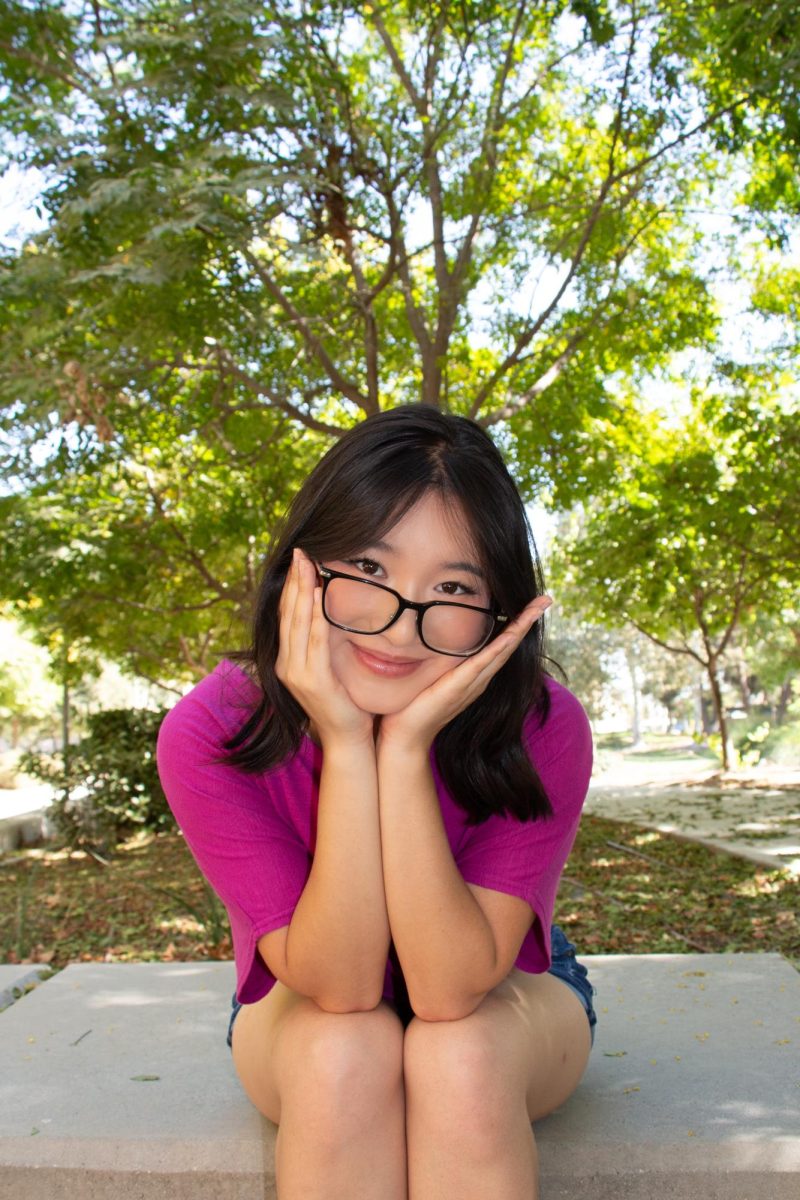Reporter
On Saturday October 13, 2018, a World War I conference called America in the Trenches: A Centennial Exploration of America’s Involvement in the Great War was held on CSU Bakersfield’s campus.
There were many speakers that attended the event, with a keynote address by Dr. Diane M.T. North, who spoke on the effects the war had on First Amendment rights, dubbed “Lessons from World War I.”
Before entering the war, America made a lot of money by acting as a banker for both sides of the war. However, even before the sinking of the Lusitania, many Americans including the President were moved by European propaganda.
Despite a late entry, many American soldiers died. Dr. North, both in her lecture and in an e-mail correspondence, described the casualties, “…over 10 million soldiers were killed, over 20 million wounded, and unknown millions of civilians were killed, wounded, raped, starved, and displaced.”
“In addition, the war created conditions for virulent influenza virus to spread worldwide and kill an estimated 50 million persons, although scientists now think the death toll may be much higher,” North said.
One particular part of the lecture reflected on the political environment today. During the war, many strains were put on the citizens for the sake of the war effort, such as rationing and war bonds. One area of strain was that the government seemed to unofficially restrict First Amendment rights. Those who had a German sounding last name were put under much scrutiny. People who spoke out against the war or had a different opinion would get punished for it.
The government relied on groups of domestic spy rings. These groups relied on volunteers to fill their ranks, consisting of far-right and hyper patriotic individuals. These people would report on the slightest transgression, for example, someone who thought the war was being fought for immoral reasons.
The conference was sponsored by the Public History Institute and organized by CSUB history Professor Miriam Vivian. She went into detail how the conference was set-up.
“We had both established and emerging scholars presenting their research in two separate sessions of papers,” Vivian said.
Four out of the fifteen presenters were CSUB undergraduate history majors.
“I invited the undergraduates who’d written strong research papers in my Historical Writing course last spring on WWI-related topics, and a Call for Papers on H-Net attracted the attention of several other scholars–from Berkeley, UC Santa Barbara, Fresno Pacific—as well as a member of the Long Beach Historical Society, a graduate of our MA program, 3 CSUB faculty, and a couple of local historians,” Vivian said. “It was interdisciplinary as well, with separate presentations on art and architecture.”
Also at the conference was the Co-Director of the California WW1 Task Force, Bill Betten, displaying his collection of WW1 artifacts and raising money for a WW1 memorial wall, which has yet to be constructed.
“The reason is twofold,” said Betten. “First, monuments of this sort are not funded by the U.S. Government. All of the monuments in DC have been privately paid for, often with corporate support, but usually with donations by individuals. Most have a history of young students giving, an amazing thing since children are most impacted by war. Second, when the U.S. entered WW1, it was the first time such a large contingent of soldiers had been sent off U.S. soil, and they came from all of the many states across the nation. As such, the Doughboys, as they were called then, returned home and in remembrance of their fallen comrades began erecting numerous monuments everywhere.”
As Dr. North closed her lecture, she said, “In a democracy, criticism should be viewed as patriotic.”



